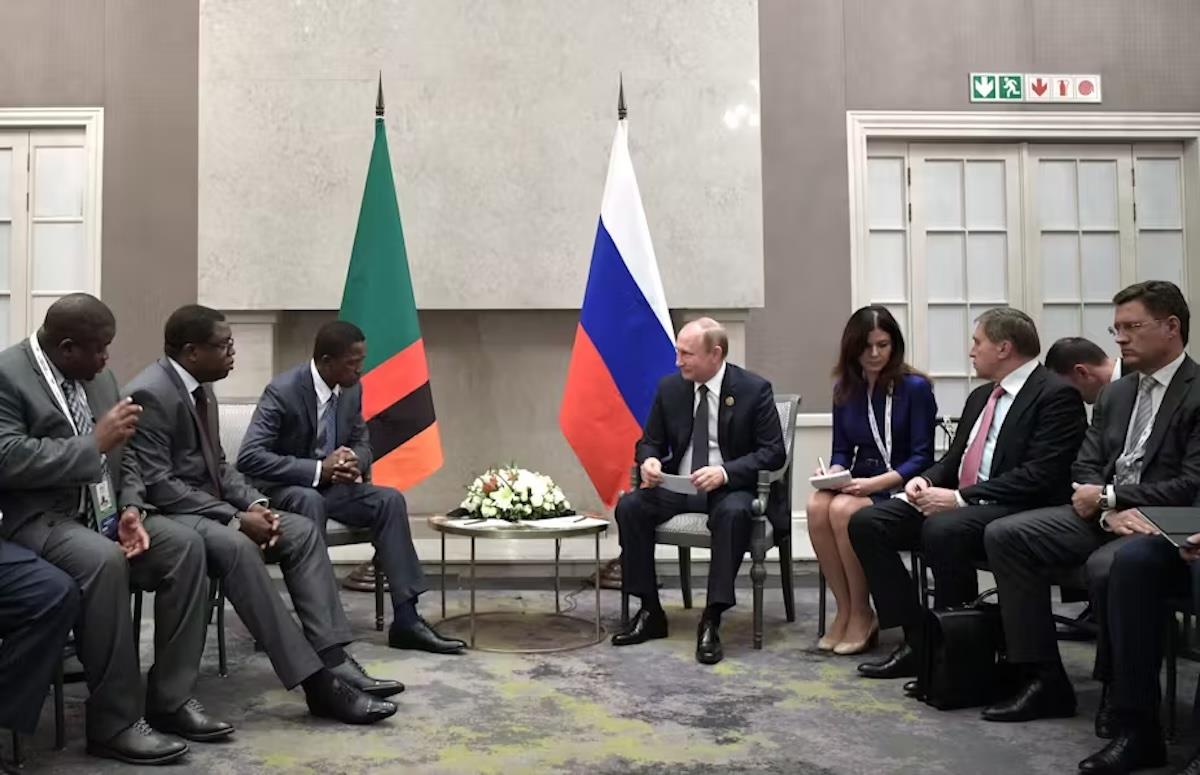
Will China Finally Become A Consumer Powerhouse?
Although Li has only been on the job since March 2023, his boss, Xi Jinping, took the reins of power a decade earlier. Back in 2013, as Xi pledged to let market forces play a“decisive role” in China's economy, a key policy priority was pivoting from exports and investment to a more domestic demand-led growth model.
Recent data serve as a reminder of how much this aspiration remains, at best, a work in progress. Chronically weak consumer confidence and spending is pushing China further and further down the road to deflation.
Although the 0.1% drop in consumer prices in May was mild, marking the fourth straight month of declines despite various stimulus moves, producer prices fell 3.3% year on year. And price cuts in key sectors like autos may hasten the downward trend.
A decade-plus of foot-dragging on recalibrating growth engines is catching up with China. Donald Trump's trade war is generating ever bigger headwinds, while potential war in the Middle East and the resulting risk-off shift in markets is complicating the global economic outlook.
At People's Bank of China headquarters, too. There, Governor Pan Gongsheng faces an unpalatable set of options. He could ease monetary policy to curb deflation and boost household and business confidence, or avoid rate cuts to keep the yuan exchange rate from falling.
A weaker currency is a multi-edged sword. On the one hand, it would increase default risks among giant property developers as it becomes more expensive to make payments on overseas debt. On the other, it would set back Xi's years-long effort to reduce leverage in the financial system.
Xi's yuan internationalization push also might take a hit. One of Xi's top reform prizes has been securing the yuan's inclusion in the International Monetary Fund's“special drawing rights” basket, alongside with the dollar, euro, yen and pound.
Last week, Pan told a business forum that Beijing remains determined“to weaken excessive reliance on a single sovereign currency.” There, he detailed China's strategy to create a financial infrastructure to hasten the currency's global use and, including by increasing incentives for the trading of yuan foreign exchange futures.
Of course, China needs to step up capital markets reforms and create a globally trusted regulatory system.“China's rule of law is inferior to the US, it does not offer a large and deep pool of liquid assets that is open to foreign investors like the US,” says strategist Matt Gertken at BCA Research.

Legal Disclaimer:
MENAFN provides the
information “as is” without warranty of any kind. We do not accept
any responsibility or liability for the accuracy, content, images,
videos, licenses, completeness, legality, or reliability of the information
contained in this article. If you have any complaints or copyright
issues related to this article, kindly contact the provider above.



















Comments
No comment